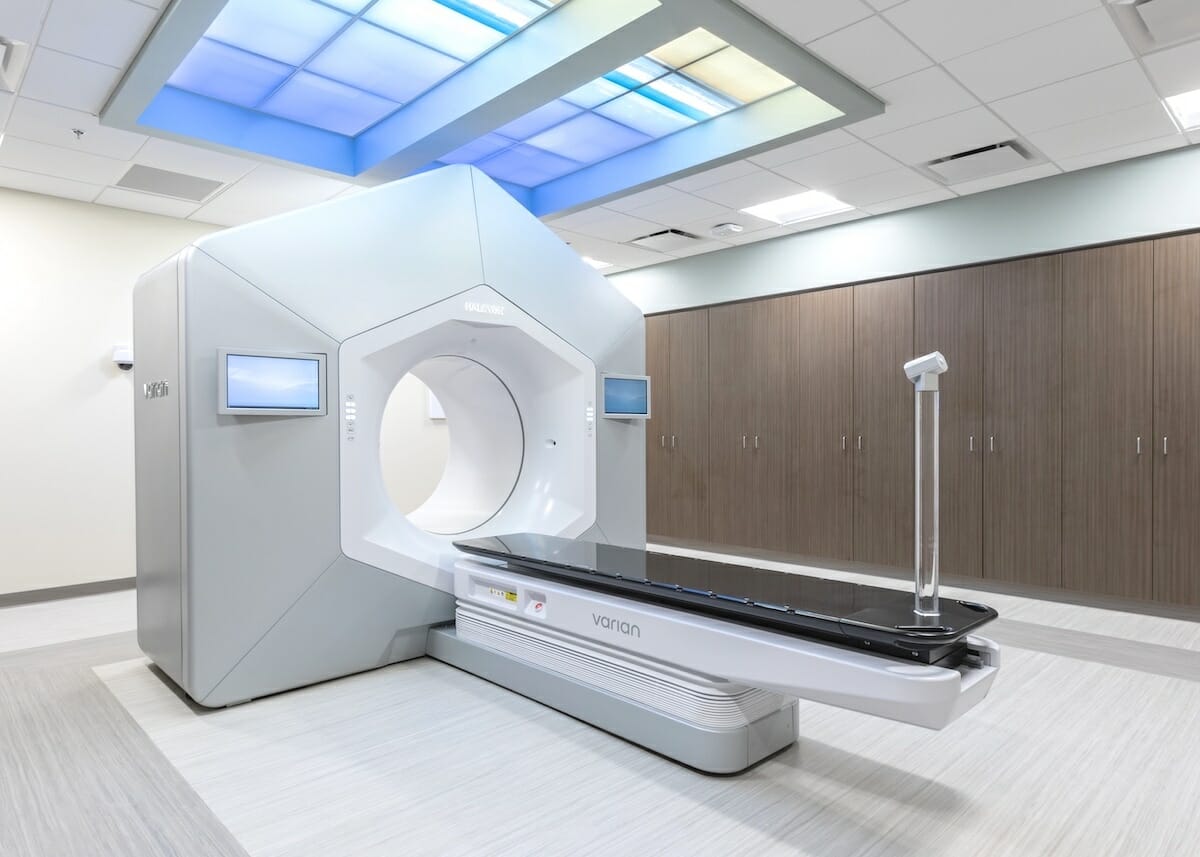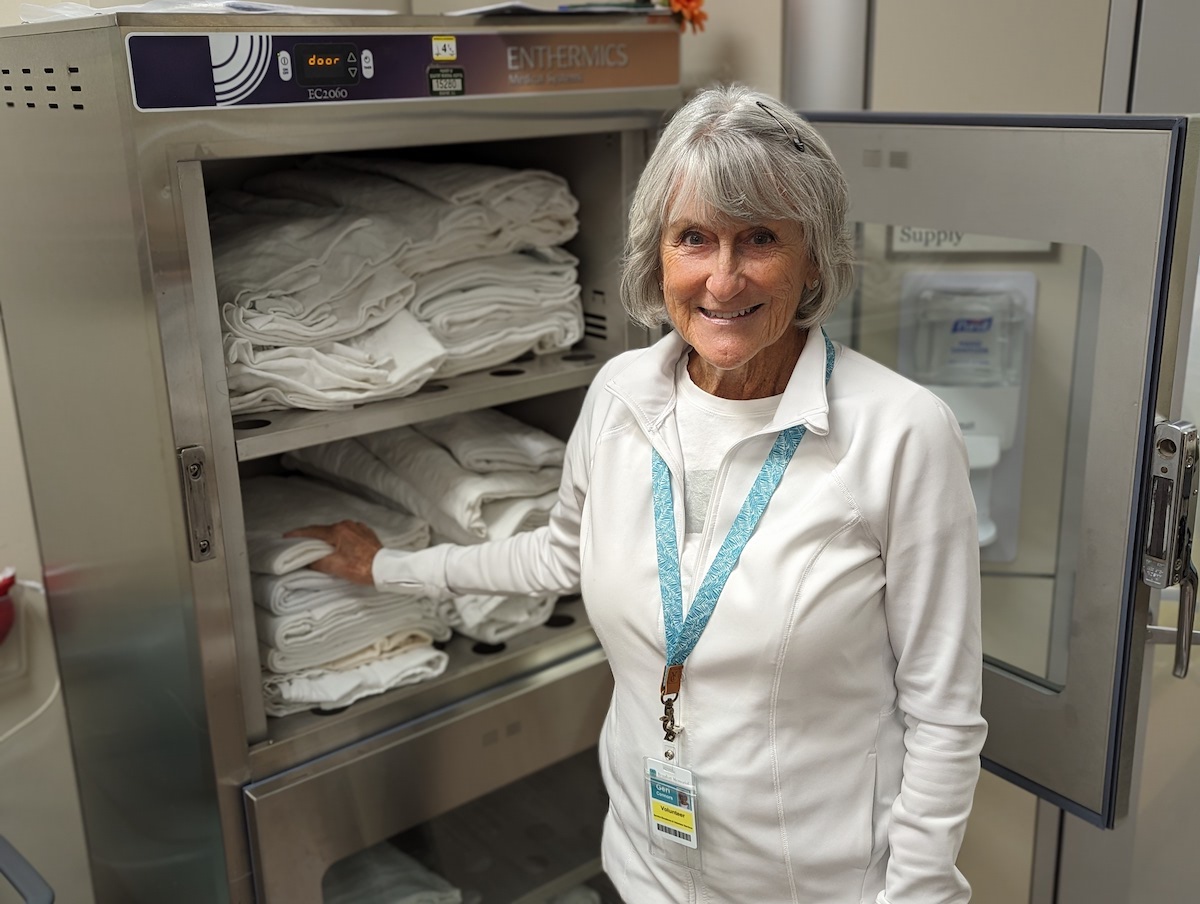Board-certified spine surgeon joins BOSS Orthopaedics
Insert photo of Andrew Castro, MD
Board-certified, fellowship-trained orthopaedic spine specialist B. Andrew Castro, M.D., has joined BOSS Orthopaedics (formerly known as Beaufort Orthopaedic, Sports & Spine).
Dr. Castro brings extensive experience to the practice, having treated a variety of disorders of the spine in both adults and children. Trained in the latest surgical techniques, including minimally invasive surgery and disc replacement, he most recently spent over 20 years in Denver, Colorado, where he built one of the busiest spine practices in the area and was selected as one of Denver’s “Top Docs.”

A graduate of Clemson University with a Bachelor of Science and Master of Science in bioengineering, Dr. Castro earned his medical degree from the University of South Carolina School of Medicine. He completed residency training in orthopaedic surgery at the SUNY Downstate Medical Center in Brooklyn and went on to complete fellowship training in complex spinal deformities at the University of Colorado.
Dr. Castro is active in spinal biomechanics research and has presented at various national conferences and published journal articles and book chapters on the subject. Recipient of the John H. Moe Award from the Scoliosis Research Society, he has also designed and patented medical implants that are currently in use.
Dr. Castro, who performs surgeries at Beaufort Memorial, joins board-certified orthopaedic surgeons Drs. Mark Dean, Ralph Salzer, Scott Strohmeyer, Douglas Scott, and Daniel Del Gaizo, along with board-certified Physician Assistants Emre Caglayan, James Langford and Paul Linnert. The practice has three locations: 1076 Ribaut Road, Suite 101, in Beaufort (843-525-0045); 39 Hospital Center Commons on Hilton Head Island (843-681-2363); and 4812 Bluffton Parkway in Bluffton (843-837-4300).
Beaufort Memorial physicist receives national recognition for cancer research

As a scientist, Brian Ruiz, PhD, DABR, not only loves to learn, he loves to share what he learns with others. That’s why the Beaufort Memorial medical physicist was thrilled to be invited to speak at the 2022 American Association of Physicists in Medicine Clinical Conference earlier this year.
It provided the opportunity to share what he and the Beaufort Memorial radiation oncology team have learned about how to best treat breast cancer patients using one of the newest technologies in the radiation oncology field, the Varian Halcyon™ linear accelerator.
Beaufort Memorial’s New River Cancer Center in Okatie was one of the first centers to use the new technology, designed to simplify and enhance virtually every aspect of image-guided volumetric-modulated arc therapy (VMAT), an advanced radiation therapy technique that delivers the radiation dose continuously as the treatment machine rotates.
According to Ruiz, who refers to the treatment as “surgery without the knife,” the machine is designed to provide treatments up to four times faster, be more comfortable for the patient, and allow for a more streamlined and efficient clinical workflow. “Being among the first groups to utilize this Halcyon™ technology, we had to understand it and know how it functions and how to use it to improve clinical outcomes and the patient experience,” says Ruiz.
As a medical physicist, Ruiz performs the important role of working along with the radiation oncology team to assure the accurate delivery of all aspects of a treatment prescription. The unique design of the Halcyon made treatment planning different from traditional radiation treatments, as it uses a new beam shaping design to deliver treatment from different directions (or continuous arcs), sending a high dose of radiation to the cancerous tissue. In treatment planning, the team needed to look at each beam individually and analyze how therapy will be delivered.
“We needed to account for this technology’s diverging beam, making key adjustments to deliver the greatest cancer-fighting dose to the tumor, without providing too much radiation to surrounding, healthy tissues,” he said.
By studying the new technology and testing unique treatment planning methods, the team was able to develop a process that administers radiation treatment more uniformly to target both the breast and the lymph node area to reduce the chance that the cancer can spread.
“There are other physicists who are also learning to use this machine,” said Ruiz. “These findings may lead to further improvements in radiation treatment planning that could be transferrable to other radiation therapy delivery systems.”
Ruiz is hopeful that his research will continue to provide better outcomes for cancer patients.
# # #









